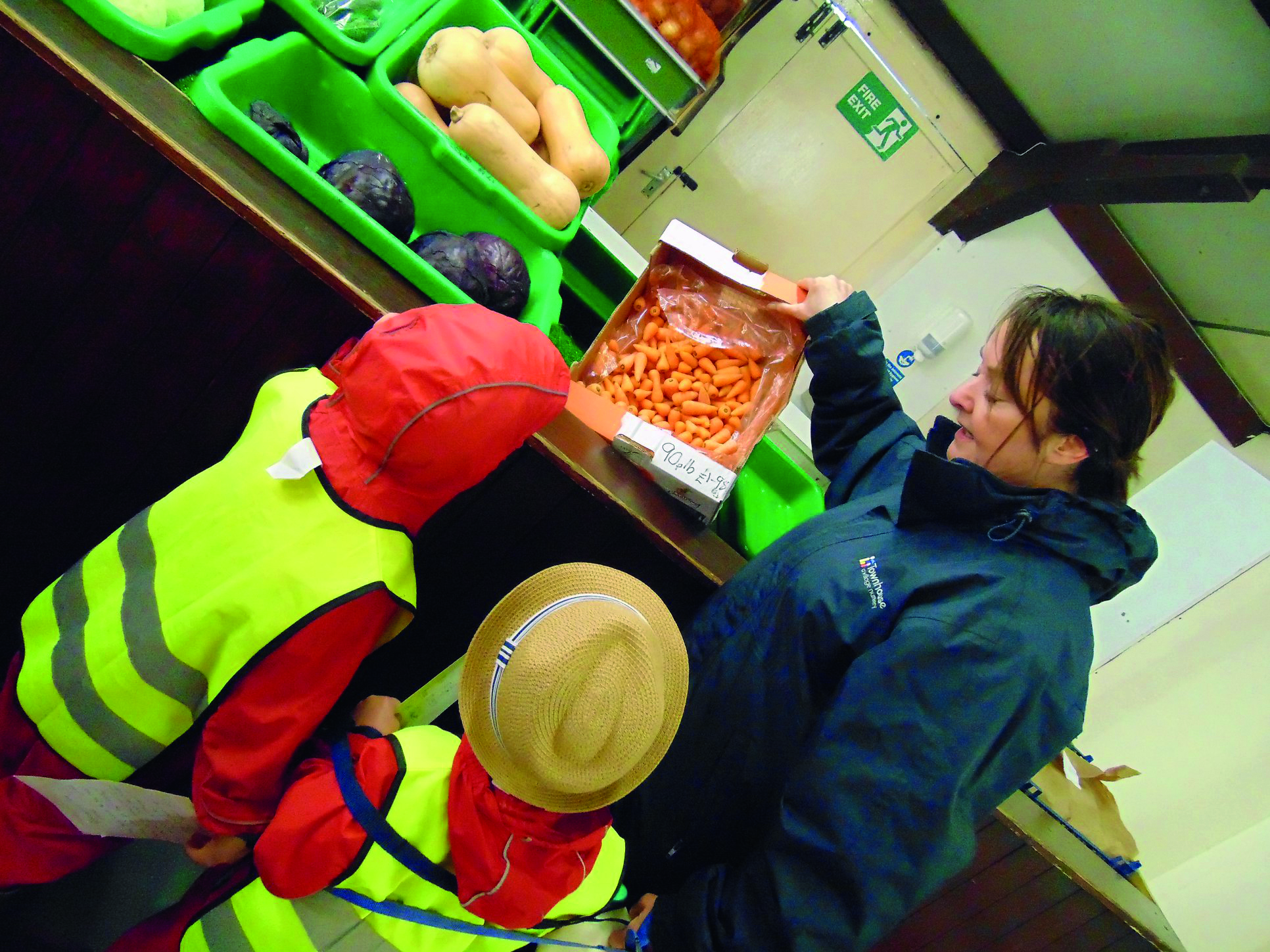
A ‘diligent food culture’ and ‘inspirational chef’ were just two of the factors that helped Townhouse Nursery, part of the Village nursery group, in Stoke-on-Trent, impress the judges and win the Nursery World Nursery Food Award 2019.
Nursery manager Alison Fisher says, ‘It is a big passion of ours to provide children with the best opportunities through food, both nutritionally and through teaching and learning.’

This approach is led by cook and nutrition co-ordinator Wendy Pullizzi, who continuously evaluates the setting’s food and drink provision and keeps up to date with latest good practice in meeting the welfare requirements of the EYFS and the Eat Better, Start Better guidelines (see panel, right).
Register now to continue reading
Thank you for visiting Nursery World and making use of our archive of more than 35,000 expert features, subject guides, case studies and policy updates. Why not register today and enjoy the following great benefits:
What's included
-
Free access to 4 subscriber-only articles per month
-
Unlimited access to news and opinion
-
Email newsletter providing activity ideas, best practice and breaking news
Already have an account? Sign in here









